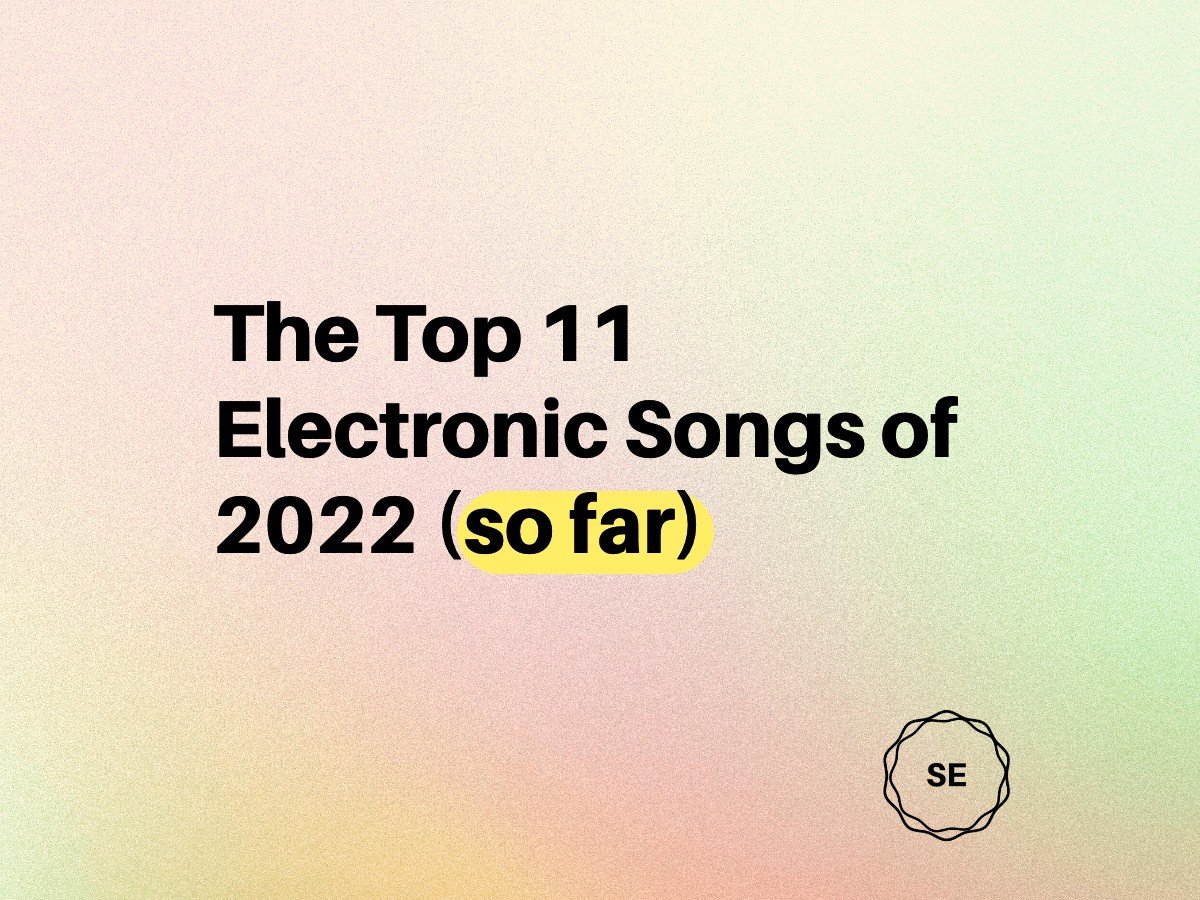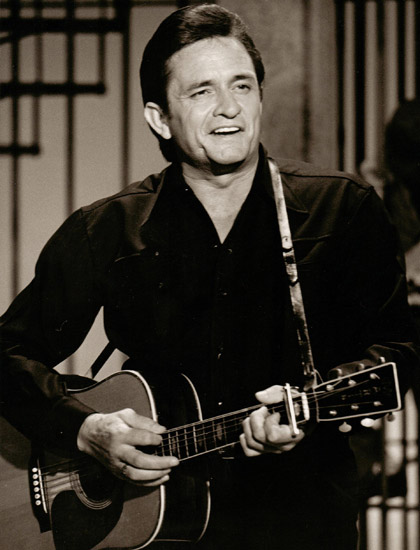Algiers - Shook
Algiers
Shook
By: Jon Gallagher
The Revolution Will Be Live Streamed - On Shook Algiers is full of Sound and Fury, but what does it signify?
Modern music's lineage can be traced back with considerable veracity.
As we witness it today, the musical landscape is young enough that its antecedents are still relatively fresh in the pages of history. At its core, the story of modern "Western" music is undisputedly the story of the Black man in America. Deniers of Critical Race Theory can cry "…but Elvis Presley" all day long, but clearly, he did not invent modern music, nor was he even a particularly early adopter of it.
To fully understand and appreciate where Algiers is coming from, one must look into the past to see how modern music evolved.
From the African tribal polyrhythms carried across the Atlantic in the belly of slaver's ships, to the field chants of the antebellum era, to the gospel songs that filled rural southern churches, to the visceral, erotic beat of rock and roll, to the protest songs of the civil rights era.
In a sense, western music has always been the soundtrack to revolution of some kind or other, so it's no surprise that Algiers manages to synthesize centuries of disparate influences into a sound that inspires a desire for change.
Photo: Ebru Yildiz
Formed in 2012, the band Algiers (consisting of multi-instrumentalists Franklin James Fisher, Ryan Mahan, Lee Tesche, and Matt Tong) have defined the genre of dystopian soul, incorporating elements of virtually every musical style from hip-hop back to the polyrhythmic drumming of sub-Saharan Africa.
The effect is both unsettling and mesmerizing as stylistic elements collide, splinter, and coalesce as something entirely different.
It is the soundtrack to the shattered psyche of 2023, a zeitgeist plucked from the optimistic bounty of the Obama era and dragged through the mean-spirited, racist cesspool of the Trump administration and the isolationist, death-specter of a global pandemic lockdown.
If the musical backdrop is beautifully fragmented and eclectic, the lyrical content stands opposed with a cohesiveness of message and a common recurring theme running through most of the album's seventeen tracks. It's not a heavy-handed bludgeoning of purpose but more an accretion of inarguable statements calling for racial equality.
But first, let's take a look at what's under the hood of this sleek, high-performance social commentary machine: the music.
The previous paragraphs have referred to Algiers' musical landscape being diverse and granular, which proves to be almost an understatement once the whole album has been taken in as a unique body of work.
Firstly, Algiers is fearless in asking for help in the heavy-lifting department. Guest appearances by such diverse guests as Zach De La Rocha, Big Rube, Billy Woods, and Backxwash keep the vocal deliveries fresh and on point, each fitting the track's atmosphere perfectly. This is not to say Franklin James Fisher is a slouch by any means. He delivers powerful soul, sassy funk, and serpentine hip-hop lines with superhuman ease.
The instrumental component of the tracks varies from middle eastern inflected Paisley Park funk-o-rama on the album's opener "Everybody Shatter" to New Jack swing deconstructed gospel on the closer "Momentary," which features a potent musing on life and death and legacy from Lee Bains.
In between, Algiers veers through hip-hop grooves fueled by percolating synths and skittery drum programming on "Bite Back" and angry punk rock guitar aggression on "A Good Man."
Interspersed amongst this eclectic collection are what could be referred to as "spoken word" tracks. Even these display a good deal of variation as they range from studio-quality beat poetry slams to tracks that are sonically little more than well-upholstered voicemail messages.
As with every track on this release, the music and the lyrical message combine to form an effective one-two punch direct to the breadbasket of the (North) American status quo.
It's a wake-up call to a white middle class who needs to realize that it's not their racially diverse fellow humans they need to be afraid of but the invisible hand of the one percent that turns neighbor against neighbor in the drive to a healthy corporate bottom line.
That those truly in power will make no distinction between race when it comes to whom to trample to maintain that power, and that prejudice and inequality are just tools to further that end, all summed up perfectly in a line from "Bite Back"… "If the whole world was drowning, man, they'd let us all drown."
And that's the truth, same as it's always been.












